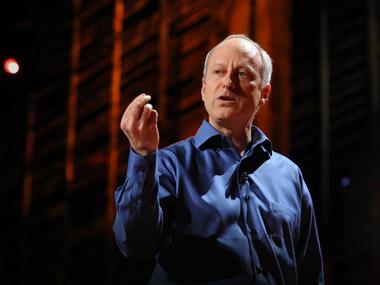
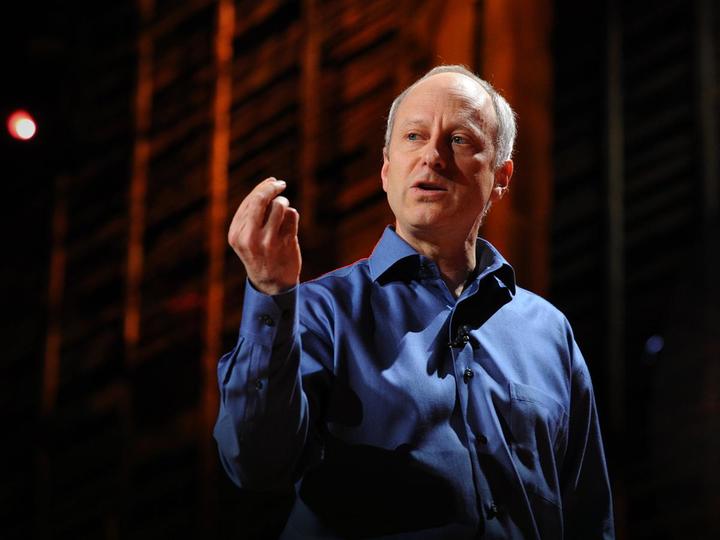
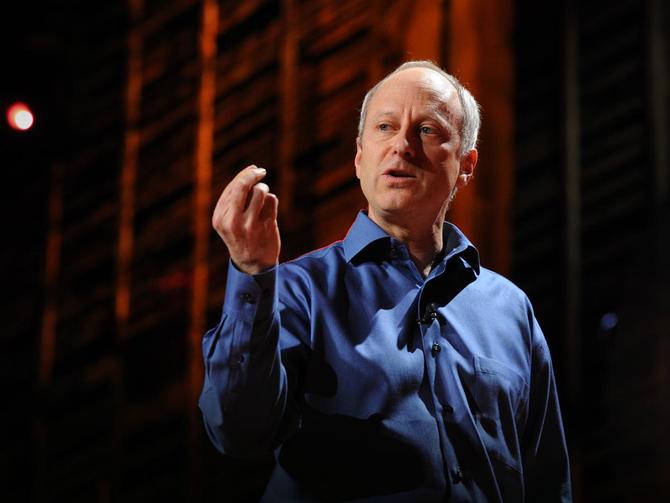
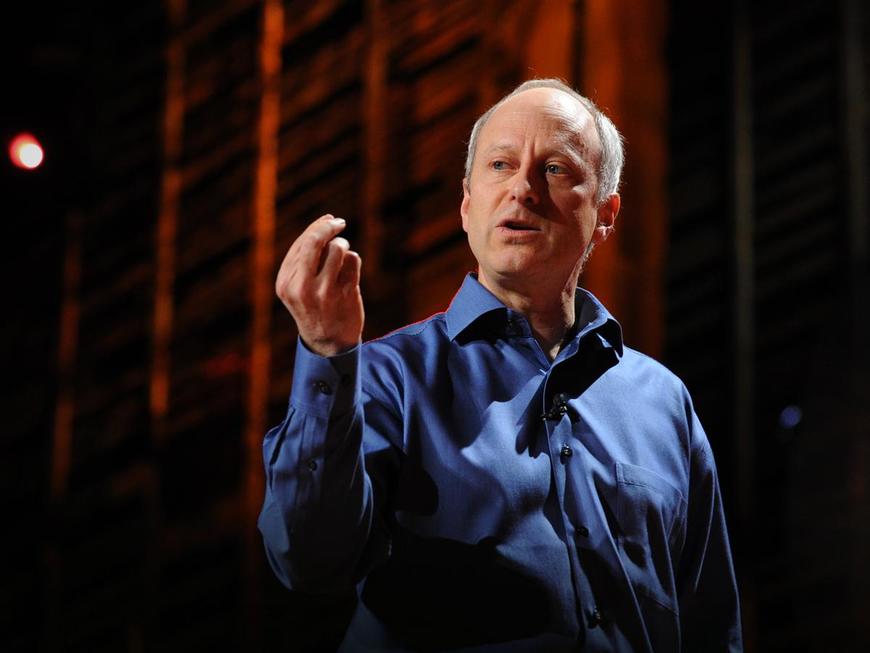
I would like to analyze several important issues discussed in studies of two famous people: the Nobel Laureate in Economics Milton Friedman and a philosopher, a political scientist, and professor of government at Harvard University, Michael Sandel.
Is there anything bad in fact that people are moving towards a society that allows everything to go “on sale”? Sandel believes that there are negative sides to this. There are two reasons: the first one is the violation of equality and the second one is moral decay. In a society where everything is sold, the life of people becomes much more complicated. The more things become possible to buy for the money, the more important is the availability of wealth, in fact, as its absence. If the only advantage of wealth would be the availability of money and the possibility of buying what people want, such as expensive sports cars, income inequality would not be too important.
Nowadays money allows people to buy more and more new things - political influence, better medical care, the possibility of studying in elite schools - the stratification of society in terms of income and wealth is becoming more and more noticeable. In a world where everything good can be bought or sold, the presence or absence of money also establishes differences in rights. All this explains why during some years the life of families with low and medium incomes has worsened. On this basis, the gap between rich and poor has widened.
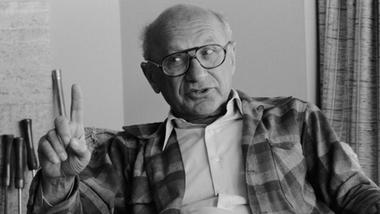
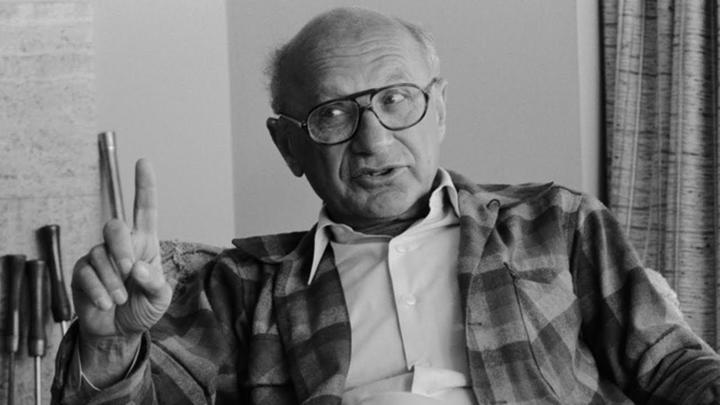
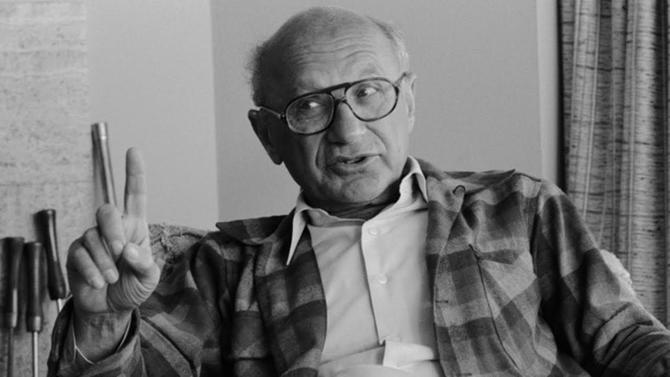
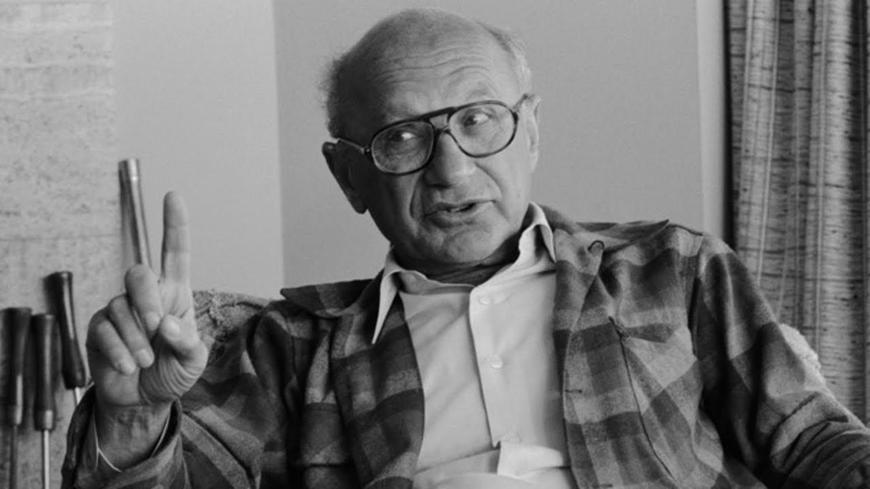
The work of Sandel tells about the market relations and market thinking that has penetrated into all layers of society. Market thinking has great authority. Today, the logic of buying and selling largely controls the surrounding reality.
The commercial approach leaves its mark by destroying the primary meaning of many phenomena. The author makes people think about whether we really want a life in which fewer things cannot be bought for money? The question of moral restraints for the market is the question of how people want to live in the future.
There are two main aspects that Sandel considers: tutors and books. His first lecture starts from “tipping the tutor” (Sandel, 89). Here we can see the author`s reflections about teaching. At the beginning of the lecture, Sandel has a flashback about his lecture days in Oxford. There we can see his reflections about the years at university. He had understood very quickly that those times have changed. “We were not supposed to tip our tutors,” thinks the author. Those times money don`t play such a big role like nowadays. Teachers were paid once a month and they really worked hard and liked their job; also their salary was fixed (Sandel, 89).
Sandel makes readers notice that nowadays people work for money (Sandel, 90). He distinguishes two points of view: teaching and money. Are there some things that money can’t buy? (Sandel, 90). That question appears many times in his work and the answer is simple - nowadays fewer things are cannot be bought.
The same thing is about books. Sandel shows the value of books and gives a very good example of a book advertisement. He writes that nowadays publishers pay to bookstores for selling books (Sandel, 91). One more time the author puts the question “What money cannot buy?” and receive an answer-“fewer” (Sandel, 93).
The second work, which I am going to consider, is Capitalism and Freedom by Milton Friedman. The main idea asserted by Friedman in his Capitalism and Freedom is that political freedom is impossible without economic freedom. Along with this statement, there is one more important postulate, accepted by the American economist. In Friedman’s opinion, unlimited capitalism and free markets reduce discrimination and racism, and their acceptance would lead to the complete disappearance of those problems in the end. This point of view, the author disclosed in the seventh chapter of his Capitalism and Freedom. That chapter is named Capitalism and Discrimination. The key issues to which the author paid special attention to it are the problem of segregation in education and the problem of equality in employment.
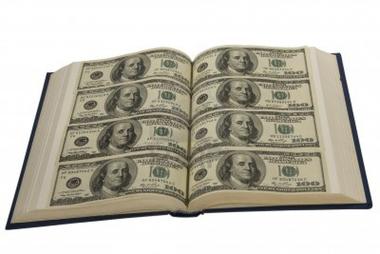
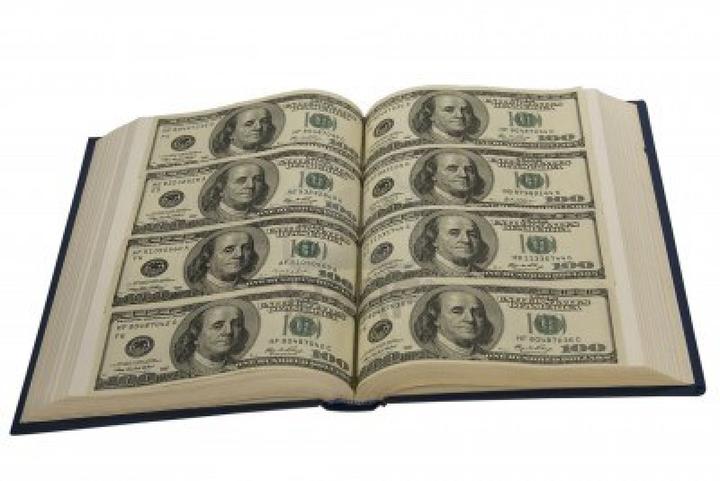
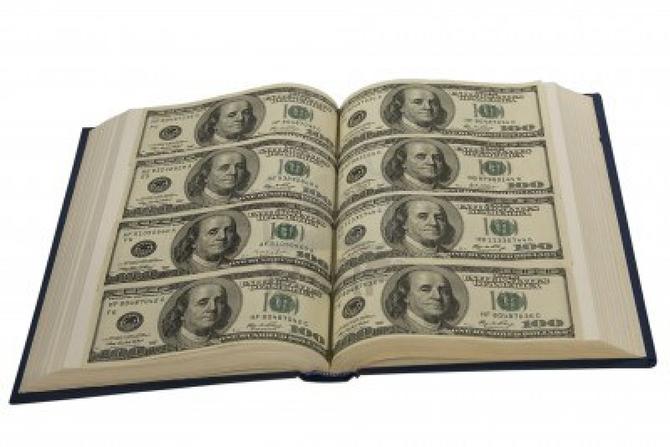
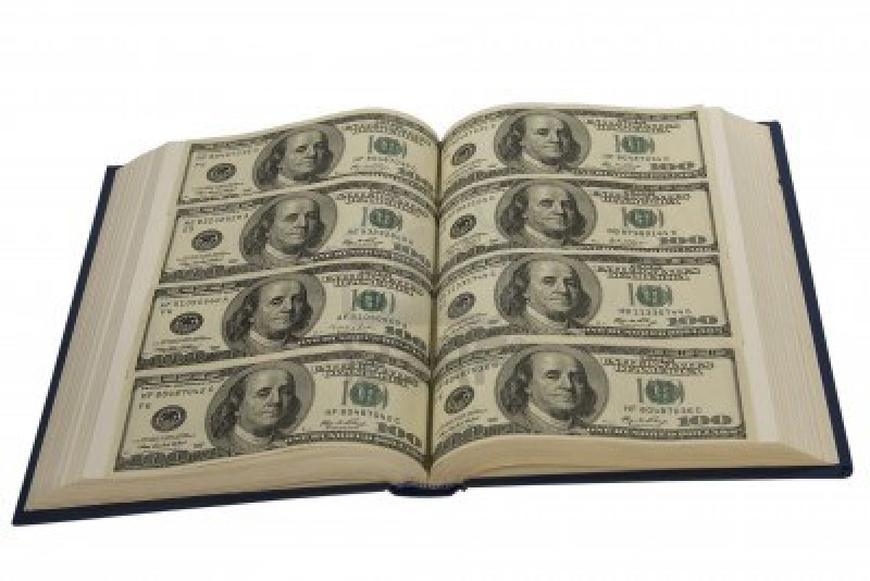
At the beginning of the chapter, the author shares his observations on the accompanying development of capitalism by significant reducing of the special restrictions that various religious, racial and social groups experienced in their economic activities (Friedman, 111). Those restrictions are considered to be discrimination. To the author’s mind, the market separates economic efficiency from extraneous factors, and when the market is free it is easier to define them.
The first important issue that the author examined in the chapter was the question of legislation that prescribes equality in employment. Friedman described this matter from the position of, so-called, right-to-work laws and Fair Employment Practice Commissions. Their principles are actually identical. In both cases there is a violation of the freedom of contracting for the employment of labor; the first one prescribes that membership in a trade union cannot be a condition for employment, and in the second case, that a certain color or creed cannot be such a condition. The author didn’t support any of them.
The second one was the question of segregation in education. To the author’s mind, the state could solve that problem only by adopting the appropriate law either on segregation or on integration. Friedman did not support any of the options. To his mind, the proper solution was to eliminate the administrative control of the government over schools and allow parents to send children the schools they wanted them to study at (Friedman, 117). Also, the author requested that all people would have to try with all of their behavior and statements to develop such public opinion, in which mixed schools would become the rule, and schools with separate education would be a rare exception (Friedman, 117).
Analyzing the above information it is important to notice that the author examined a number of significant issues in his study. And it was my decision to highlight the major ones and consider them.
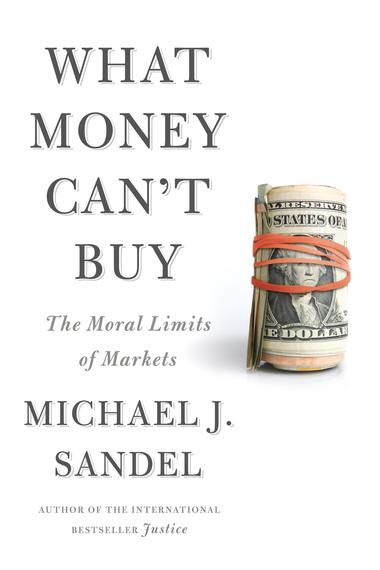
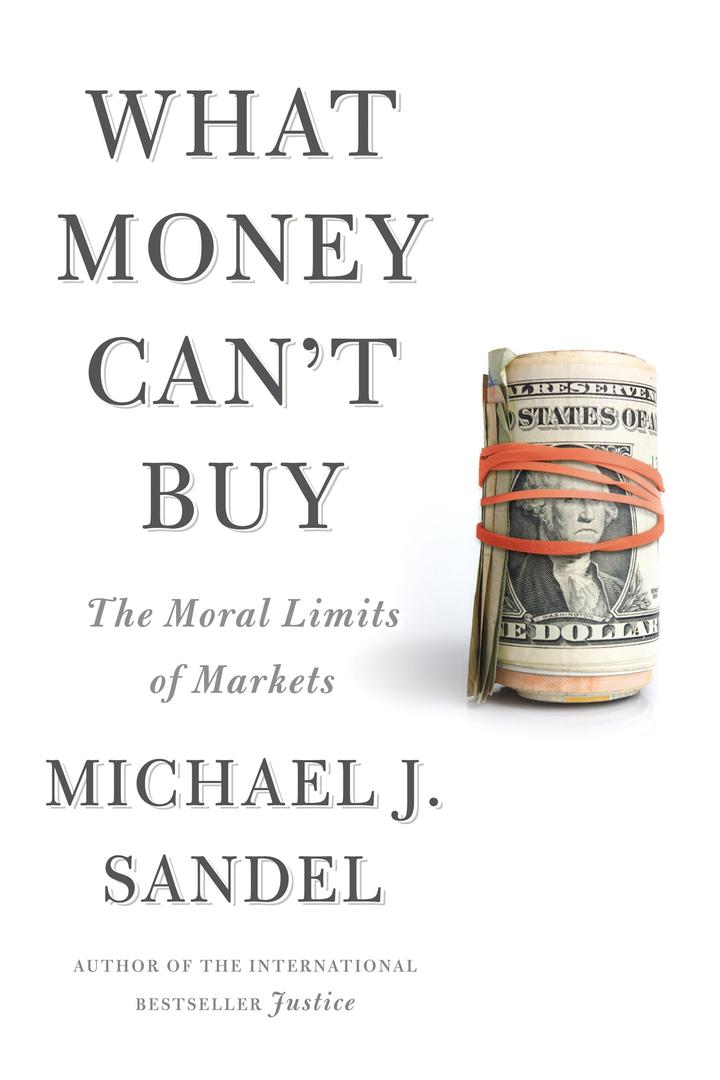
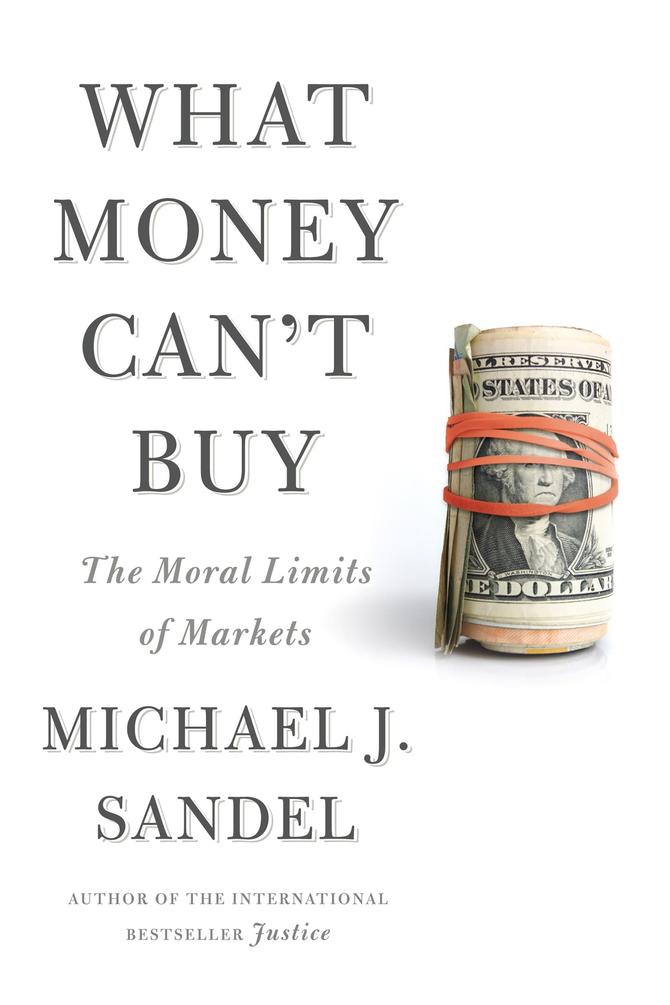
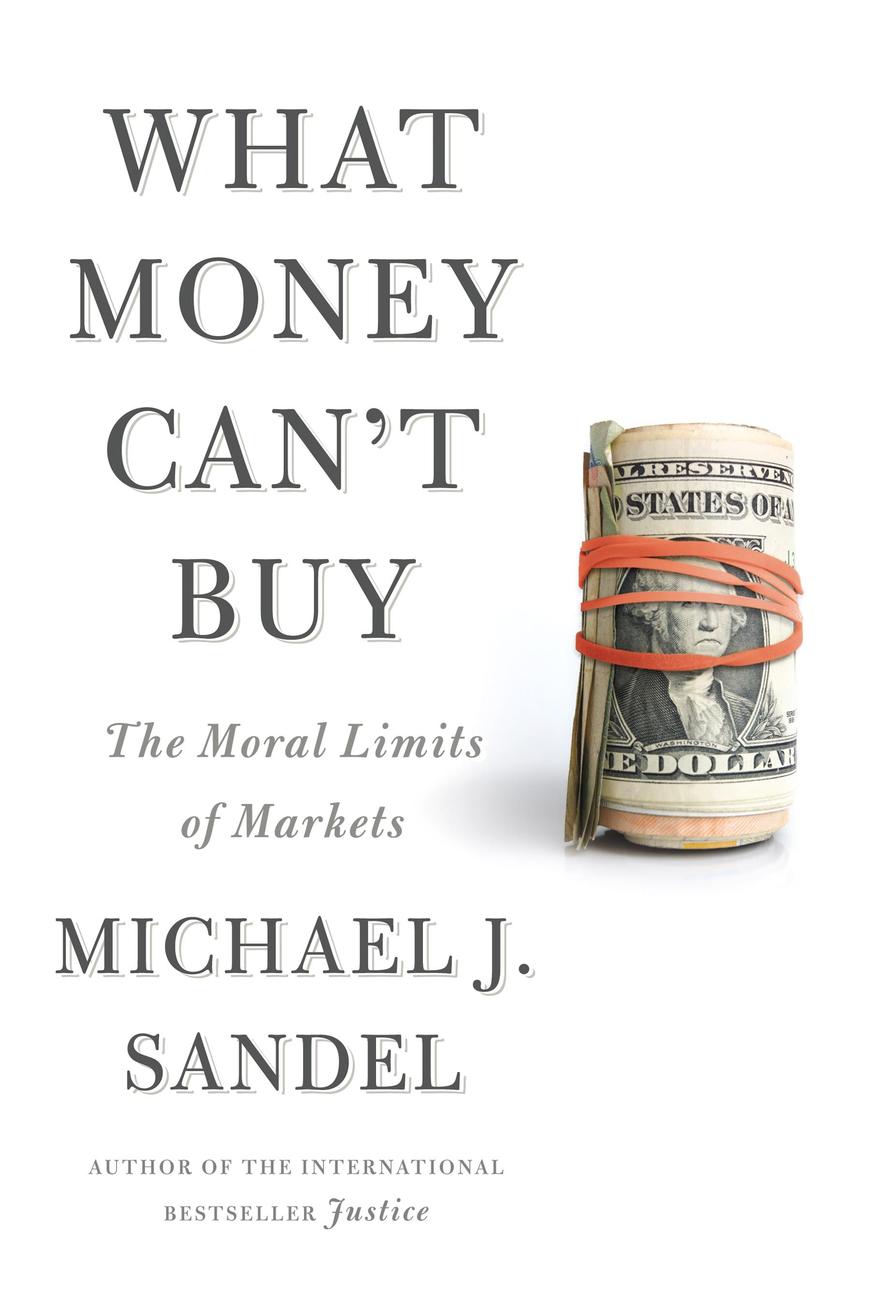
Attached file: Analysis of Friedman’s and Sandel’s studies.docx
Click download to get access to a full version of the paper
I totally agree with the author’s opinion about the question of segregation in education. Milton Friedman said that we should not naively believe that the law of the abolition of segregation would be able to uproot deep-seated values and ideas in one fell swoop (Friedman, 118). He was truly right, and, although it had passed more than a half of a century since the adoption in 1964 the Civil Rights Act, the echoes of segregation still manifested in some cases at present time.
Friedman believed that many actions of the state, which are widely recognized, are illegal restrictions on individual freedom of the personality. He opposed mandatory social and pension programs, deprecated laws with fixed minimum wage and believed that the state violated individual freedom by enacting laws against discrimination in hiring. However, I cannot totally support the author in his judgments on the need for full non-interference of the government in cases involving discrimination in hiring for work. I think that it is important to regulate properly such branches of public life.
Returning to the Sandel’s topics, it is worth noting that his book What Money Can’t Buy: The Moral Limits of Markets is a perfect subject to analyze those problems. Let`s start with teaching. To my mind, the author is right because nowadays even our life has its prize. Sandel says very good quotation-“teaching for money” (Sandel, 94). The result of this teaching will not be successful, because it is not the work for the result, it is work for money. That means that even knowledge can be bought. The writer gives a perfect example of a teachers’ salary. If teachers would be given a fixed salary they would work hard because they have the constant motivation, but if the salary is unfixed that can mix the process of teaching. Sandel is persuaded that almost everything can be bought. If some things can be bought and sold; they can be considered as a product. According to this, it is possible to consider teaching as a product and it is normal to pay for this to obtain the result. The author`s moral is to accept the problem. It is hard for the author to understand how people could pay for teaching all people can do is to accept. To my mind there is another point of view- every work should be paid. Let`s imagine the situation where the teacher helps the student to prepare for exams and a student pay for this. It can be considered as gratitude and every person can choose what this gratitude will look like: money, “thank you” or a book.
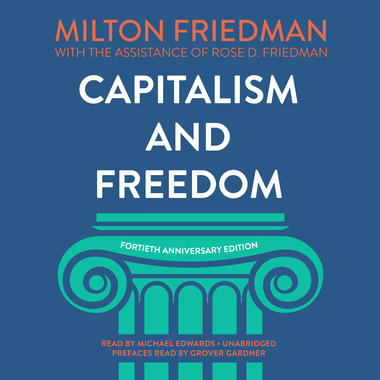
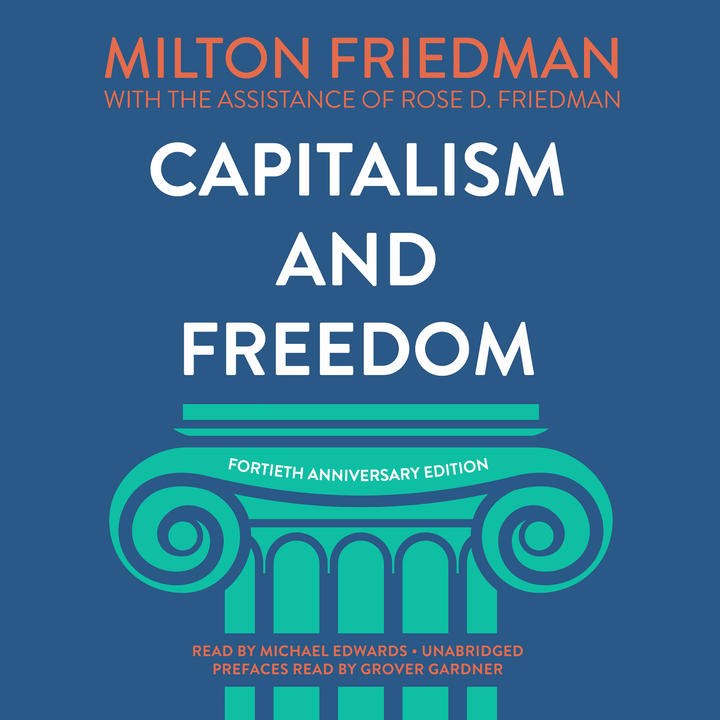
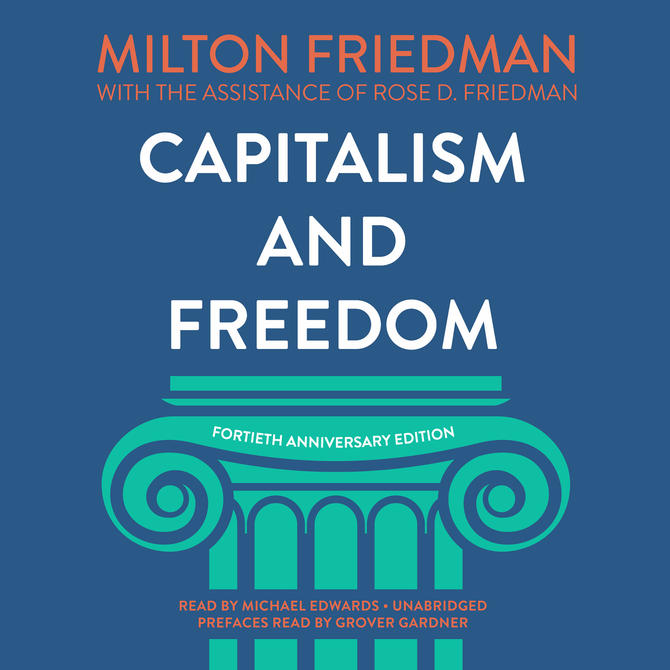
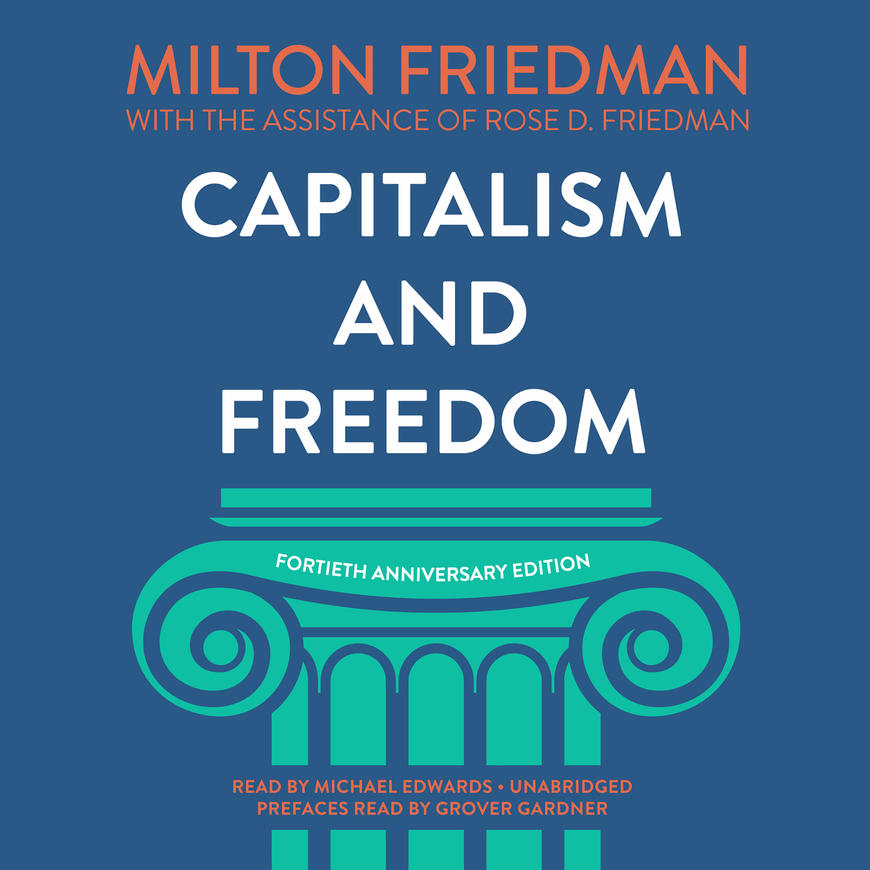
Books in modern life are the second aspect I would like to analyze. Do you see a lot of people with books outside? I suppose you do not. Nowadays e-books are the only ones you can see. Sandel says about books that they should be advertised that somebody would buy them. (Sandel, 94). To sell books is not a simple thing because publishers have to pay bookstores to sell their books. That means first of all people need to interest others to buy books because books themselves are not in priority.
Let`s remember life several years ago and people’s values. We were not so tied with money and there was not even a question “what money cannot buy” because we had another aim in our life. Books are considered very valuable and it was the honor to have a book and have the opportunity to read it.
Nowadays everything has changed. Books are the same things as teaching – it can be bought and sold, but books also need to be advertised or no one would buy them. Also, books have to have a nice cover to attract people’s attention. That clearly means that people are not interested in content all we pay attention is nice to cover and prize.
Returning to the topic touched by Friedman, I should notice, that there is an important question I want to discuss with a labor market as an example. This question is: “Are free markets really reducing discrimination?” There is an opinion, that free markets can, vice versa, increase discrimination. To refute this affirmation, it is necessary to distinguish individual discrimination from the collective one. In the context, group discrimination considered to be an unequal opportunity in the labor market of a group of workers identified by a certain trait and having the same productivity of trade compared to other workers. Individual discrimination is unequal opportunities for individual workers compared to workers who have similar characteristics of the quality of the workforce. The grounds for such discrimination in the labor market could be racial, ethnic, gender, age and other characteristics of workers. In his Capitalism and Freedom, Friedman wrote that in many cases, employers are just transmitters of prejudice expressed either by their clients or their employees (Friedman, 112). Thus, employers almost always put up with a public opinion and, in accordance with it, could refuse the services of a certain person if, according to any criteria, such as skin color or gender, the public cannot arrange it. With free market relations, it would be easier to solve that problem.
In conclusion, I would like to mention that Friedman made a great contribution to the study of the issue of discrimination and the construction of free capitalist market relations, and in this work, I tried to analyze few aspects of them. Also, I tried to analyze issues, discussed in the work of Michael Sandel, and more specifically two main aspects of them: tutors and books.
After discussing the information given above, I still have some questions that are unanswered: Is it possible for teaching to exist without money? Or nowadays money and teaching are identically? Can books be sold without advertising? Do people are interested in books nowadays or all they interested in is bright cover? What do you think about Friedman's statement that free markets and unlimited capitalism reduce discrimination?
Have your paper written from scratch with Writing Endeavour and be sure to receive a high grade!